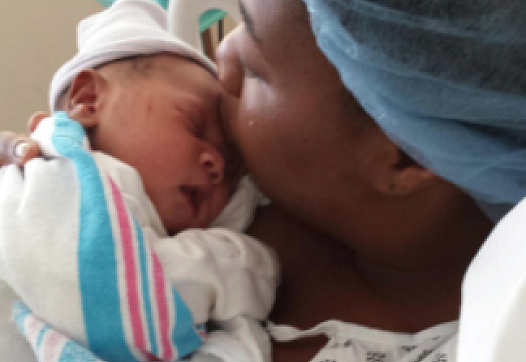
WNYC is collecting stories about how New York City hospitals handle complications during childbirth, and the station is looking for personal stories.

WNYC is collecting stories about how New York City hospitals handle complications during childbirth, and the station is looking for personal stories.
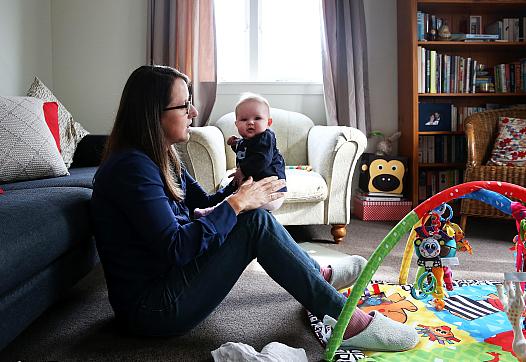
The U.S. is the only industrialized country without a paid family leave law. Trump has said he wants to change that. But will he?
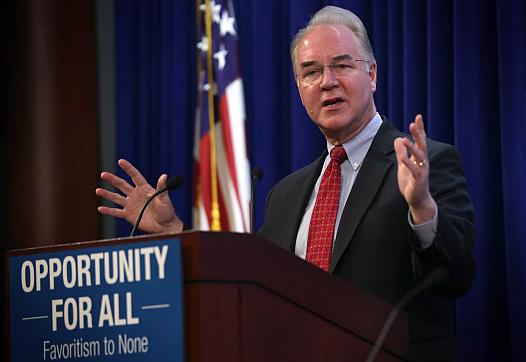
With the news of President-elect Donald Trump’s picks for two big health-policy positions, we now have a few more tea leaves by which to ponder the future of Medicaid and the Children’s Health Insurance Program.
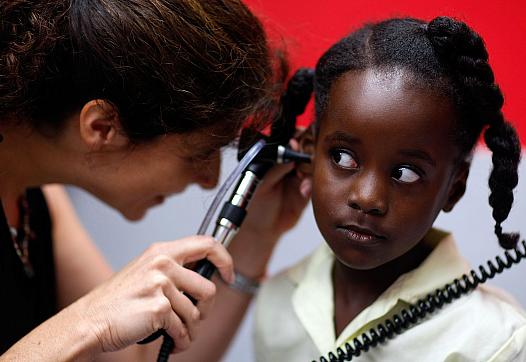
A new study shows the gains made in getting kids to the doctor since the turn of the millennium, and clarifies what’s at stake should public coverage programs undergo significant cutbacks.
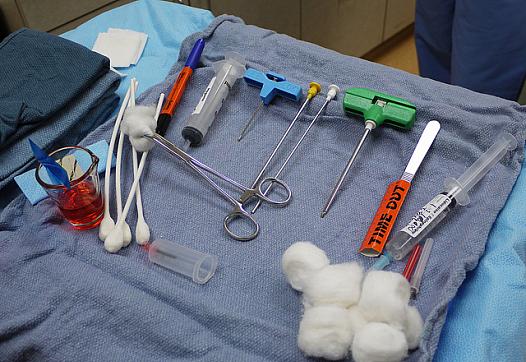
When an anonymous source informed The Detroit News that the Detroit Medical Center was improperly sterilizing surgical equipment, health care reporter Karen Bouffard started digging.
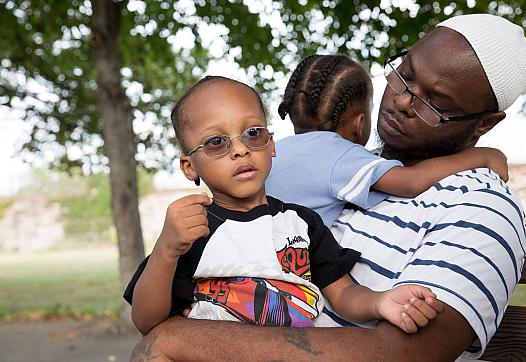
In Philadelphia, thousands of children are newly poisoned by lead year after year — at a far higher rate than those in Flint, Michigan.
![[Photo by Steve Snodgrass via Flickr.]](/sites/default/files/styles/teaser_list_thumbnail_large/public/title_images/unnamed_6.jpg?itok=pjduxjkE)
Not your average public service announcement: A county in Washington state successfully used monthly surveys, data and community engagement to change perceptions and lower alcohol use among teens.

A new analysis of national data reveals for the first time just a slew of disparities between the mental and physical health of children placed in foster care and otherwise similar kids.

A program that creates market incentives to encourage drug makers to target rare pediatric diseases seemed like good policy at first. But evidence of the program's effectiveness is missing.
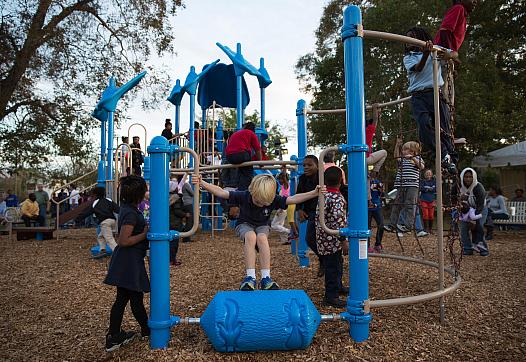
“With limited resources, these communities were able to significantly improve their outcomes,” says Natalya Verbitsky-Savitzy, a research statistician for Mathematica.